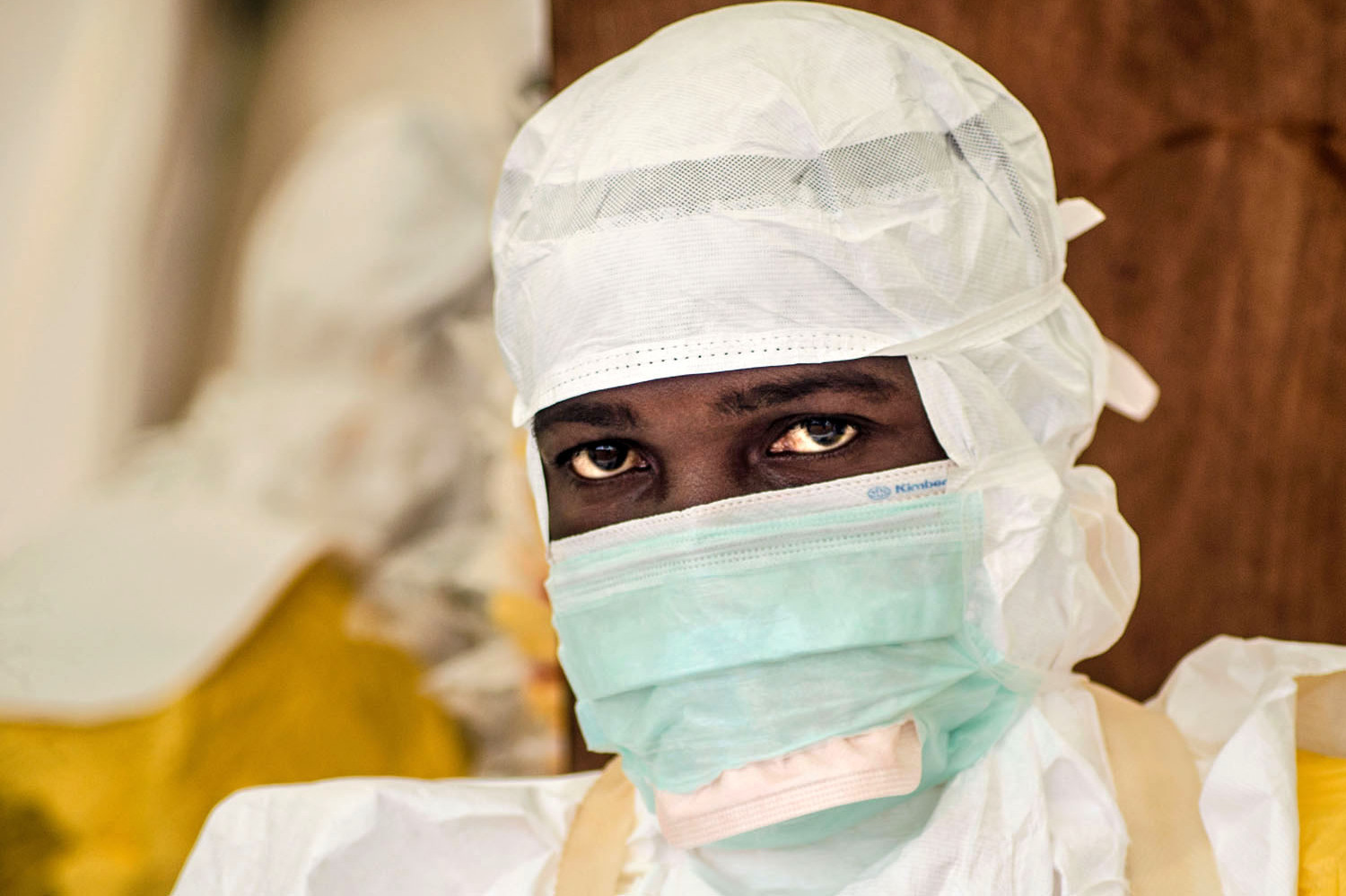The ethics of running scared
It’s all very well to sit in an armchair and bloviate about Ebola. If you are a doctor or a nurse or a hospital cleaner with a dying patient in the next room, it is an altogether different question.

It’s all very well to sit in an armchair and bloviate about Ebola. If you are a doctor or a nurse or a hospital cleaner with a dying patient in the next room, it is an altogether different question. If you help the poor soul, you and your family could die.
As one Liberian nurse told Associated Press, “We are not equipped to face the situation … When you go through this and return home, you lie in bed asking yourself: I am still safe? Or I have contracted the disease?”
An article in the Journal of Medical Ethics by four Nigerians and two Americans argues that healthcare workers are not obliged to risk their lives if their government cannot provide adequate safeguards.
“In the absence of clear guidance, healthcare workers face a moral dilemma. Their conscience urges them to treat all patients, but a convergence of failed health system factors, the danger to life, emotional considerations like danger posed to family and friends, and the absence of commensurate compensation for engaging in such high risk service can make following one’s conscience costly.”
Traditionally, public health ethics has focused on the rights of the public. But the authors point out that healthcare workers have also have a right to be protected. If the government is incapable of keeping htem safe, there is not unconditional obligation to give care.
“Requiring healthcare workers to provide care to patients with EVD puts undue burden on them. Since the principle of justice requires fair distribution of benefits and risks, it is only fair that affected countries make arrangements to adequately compensate healthcare workers who become infected in the course of duty.”
https://www.bioedge.org/images/2008images/TH_ebola-suit-2.jpg
Creative commons
Ebola
public health
- Queensland legalises ‘assisted dying’ - September 19, 2021
- Is abortion a global public health emergency? - April 11, 2021
- Dutch doctors cleared to euthanise dementia patients who have advance directives - November 22, 2020
